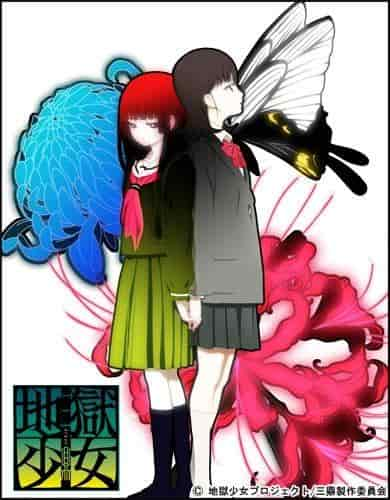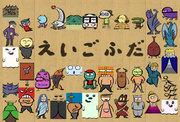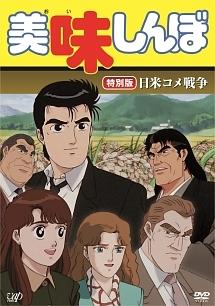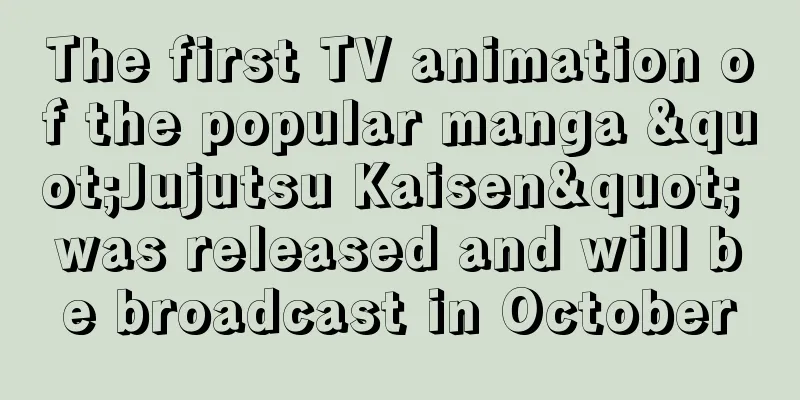The appeal and evaluation of "Manga Aesop's Fables": A new interpretation of the classics
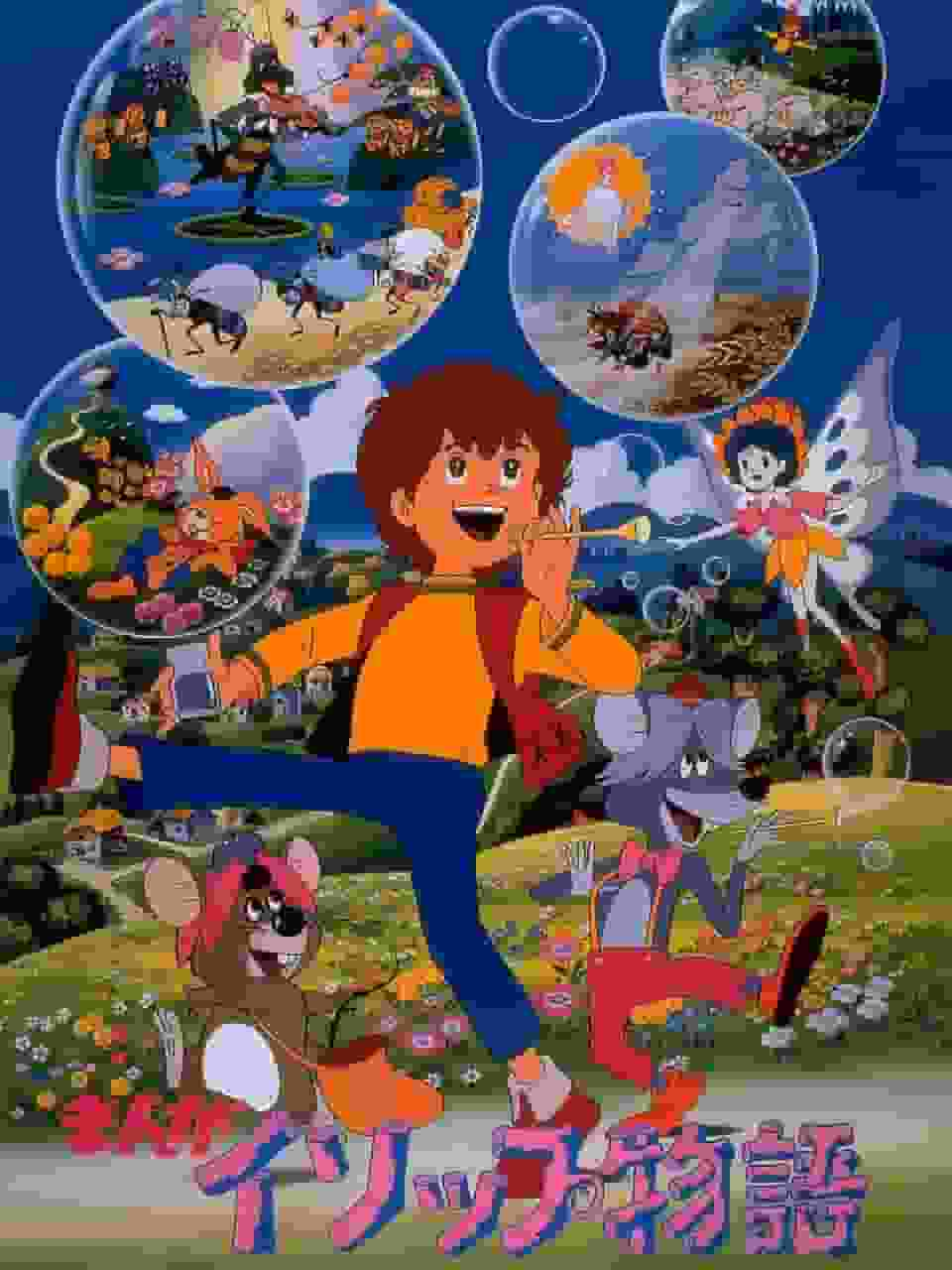
"Manga Aesop's Fables": Rediscover the charm of classics through animation■Overview of the work"Manga Aesop's Fables" is an animated film produced by Toei and released on March 13, 1983. It is based on the classic Greek fairy tales "Aesop's Fables" and was screened as a 61-minute short film. It was directed by Norio Hikone, written by Hirohisa Soda, and produced by Toei. The film tells the story of a rowdy boy named Aesop who travels with the flower fairy Pitch and the country mouse Chu-Chu, and grows up through various episodes. ■ StoryThe story of "Manga Aesop's Fables" begins when Aesop meets Pitch, a flower fairy. Pitch suggests to Aesop that they travel around the world and learn many lessons. Aesop accepts the suggestion and sets off on a journey with Pitch. Along the way, they encounter episodes from famous Aesop's Fables, such as "The Tortoise and the Hare," "The Ant and the Grasshopper," and "The North Wind and the Sun," and learn important lessons from each story. For example, in the story of "The Tortoise and the Hare," Aesop witnesses the overconfidence of the hare and the perseverance of the tortoise, learning the danger of complacency and the importance of hard work. In "The Ant and the Grasshopper," Aesop understands the consequences of planning and laziness through the contrast between the hardworking ant and the playful grasshopper. In "The North Wind and the Sun," Aesop experiences the difference between the power of brute force and the power of kindness, and learns that warm-heartedness has the power to move people. Through these episodes, Aesop reexamines his own behavior and way of thinking, and grows as a person. Ultimately, at the end of the journey, he realizes how much he has grown, and sets off on a new journey with Pitch and Choo-Choo. ■ CharactersThe main characters of this work are as follows:
Other characters that appear in each episode enrich the story, such as the rabbit and the tortoise in "The Tortoise and the Hare," the ant and the grasshopper in "The Ant and the Grasshopper," and the North Wind and the Sun in "The North Wind and the Sun." ■CastThe voice actors for "Manga Aesop's Fables" are as follows:
These voice actors bring each character to life, making the story more realistic and compelling. ■ StaffThe production staff of "Manga Aesop's Fables" are as follows:
This team came together to recreate the classic Aesop's fables as modern animation. ■Production Background"Manga Aesop's Fables" is based on the classic Greek fairy tale "Aesop's Fables." Aesop's Fables are stories that have been loved around the world for hundreds of years, and their lessons are still relevant today. Toei has tried to convey these lessons to children by recreating this classic story as an animation. Director Norio Hikone, together with screenwriter Hirohisa Sota, devised a story that would convey the moral of each episode in a way that would be easy for children today to understand. Animation director Takao Kozai also paid close attention to the details of the characters' movements and expressions, creating a visually appealing work. Art director Tomoko Eritate beautifully depicted the backgrounds of each episode, enriching the worldview of the story. Music director Akihiro Komori provided music that suited each episode, enhancing the emotions of the story. ■ Evaluation and impact"Manga Aesop's Fables" was highly praised when it was first released. It was especially praised for conveying classic lessons to children in an easy-to-understand way, and its educational value was recognized. The visual beauty and musical quality of each episode were also highly praised, and the show gained support from many viewers. This work was loved by children and adults alike, and was praised as a work that the whole family could enjoy. The lessons of Aesop's fables are timeless, and many people rediscovered them through this work. This work also showed the possibility of recreating classic stories through the medium of animation, influencing later animation works. ■ Recommendation pointsManga Aesop's Fables can be recommended for the following reasons.
■ Related worksThe following are works related to "Manga Aesop's Fables."
Conclusion"Manga Aesop's Fables" is an animated film based on the classic Greek fairy tale "Aesop's Fables." The story of the rebellious young boy Aesop who travels with the flower fairy Pitch and the country mouse Chu-Chu and grows through various episodes teaches children important life lessons. With beautiful visuals and high quality music, it is a film that the whole family can enjoy. Through this film, many people will be able to rediscover the lessons of Aesop's Fables and enrich their hearts. |
Recommend
'Mario Bros. Movie' director explains why bricks can float
With the release of The Super Mario Bros. Movie, ...
The suspected promotional poster of "Super Mario Bros. Movie" leaked, Princess Peach made her debut
Before the second trailer of "Super Mario Br...
The appeal and evaluation of the TV cartoon "Showa Monogatari": The depth of the anime depicting a nostalgic era
TV Manga Showa Monogatari - An adult animation th...
The appeal and reviews of the movie "K-ON!": A moving experience of music and youth
The appeal and evaluation of the movie "K-ON...
"Fengshen Trilogy" updates weapon concept map, and the release date has not yet been announced
Today, "Fengshen Trilogy" updated a ser...
The second season of the TV animation "Jujutsu Kaisen" is confirmed to premiere in 2023
Following "Demon Slayer: Kimetsu no Yaiba&qu...
Eagle Talon Review: The perfect balance of humor and social satire
"Eagle Talon" - The hilarious daily lif...
Fallout Season 2 is expected to see the classic monster Deathclaw join
The first season of the live-action Fallout TV se...
Makoto Shinkai reveals secret information to create a must-have for Weathering With You plot planning roadmap
Do you walk wherever you feel like? In terms of c...
The appeal and evaluation of Gundam Evolve: A must-read review for fans
Gundam Evolve: The evolving world of Gundam The G...
The appeal and reviews of "Reading Japanese Folk Tales": A classic anime that can be enjoyed by both children and adults
"Reading Japanese Folktales": An animat...
The appeal and evaluation of Drifting Dragons: A must-read review for anime fans
Airborne Dragons - Kuutei Dragons - Full-spectrum...
"Berserk" themed Seiko watch unveiled, excellent workmanship and outstanding temperament
A new Seiko watch with the theme of the classic a...
Synchronization decision! The final season of Game of Thrones will be broadcast on Tencent Video on the 15th with zero time difference
The eighth and final season of HBO's epic fan...
James Wan and Jason Blum's two horror film labels will merge
According to a recent report by foreign media Dea...



